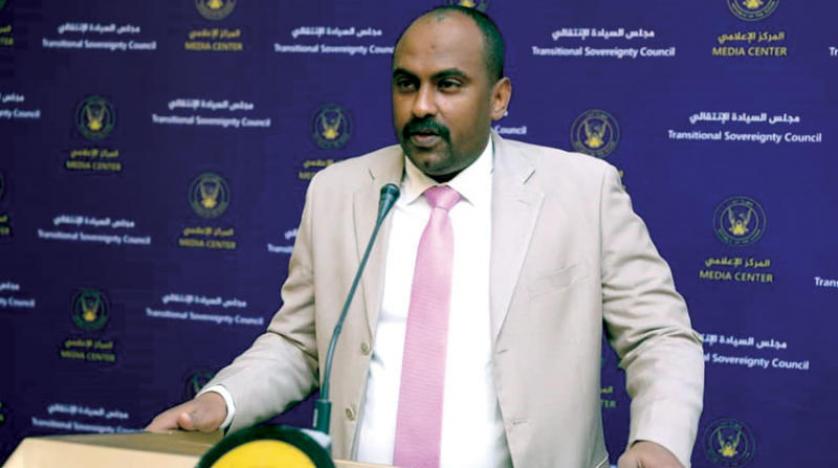By: Mustafa Hussein Hassan
After the Sudanese people managed to remove Al-Bashir’s dictatorship regime as a result of their taking to the streets in protesting against the ousted regime for almost four months led by the Sudanese Professional Association (SPA), the later in partnership with the Forces of Freedom and Change (FFC) took the lead in the talks with the Transitional Military Council (TMC) which included the military generals who took over.
The TMC and the civilian partners agreed to form a Sovereign Council and a cabinet. On the Sovereign Council which consists of 11 members 5 of whom are from the military component and 6 from the civilians.
The cabinet was formed from 20 ministers, out of them 18 are civilians.
Then comes the appointment of civilian governors for the 18 states.
It is observed that among all the levels of the governance there are journalists.
For instance one of the Sovereign Council members is Mohammed Al-Faki who was a renowned journalist and activist known of his fierce struggle against the ousted regime with his pen.
Another example is the Minister of Culture and Information, Faisal Mohammed Saleh who was also one of the Sudanese journalists’ icons during the struggle against the ousted regime as he was arrested several times and banned from writing. The Sudanese people in general blame this minister for his dealing delicately with the figures of the ousted regime especially those who are still writing against the revolution.
On the level of civilian governors, the Prime Minister, Dr. Abdallah Hamdok, appointed Mohammed Saleh Ammar Hamid, who was also a journalist and human rights activist as governor of Kassala State. Some of Kassala State components expressed disappointment for selecting Hamid as governor for only tribal reasons and not qualifications.
The question that poses itself now is will those officials who belong to the journalism career succeed in their mission and deal rationally with the challenges ahead?









